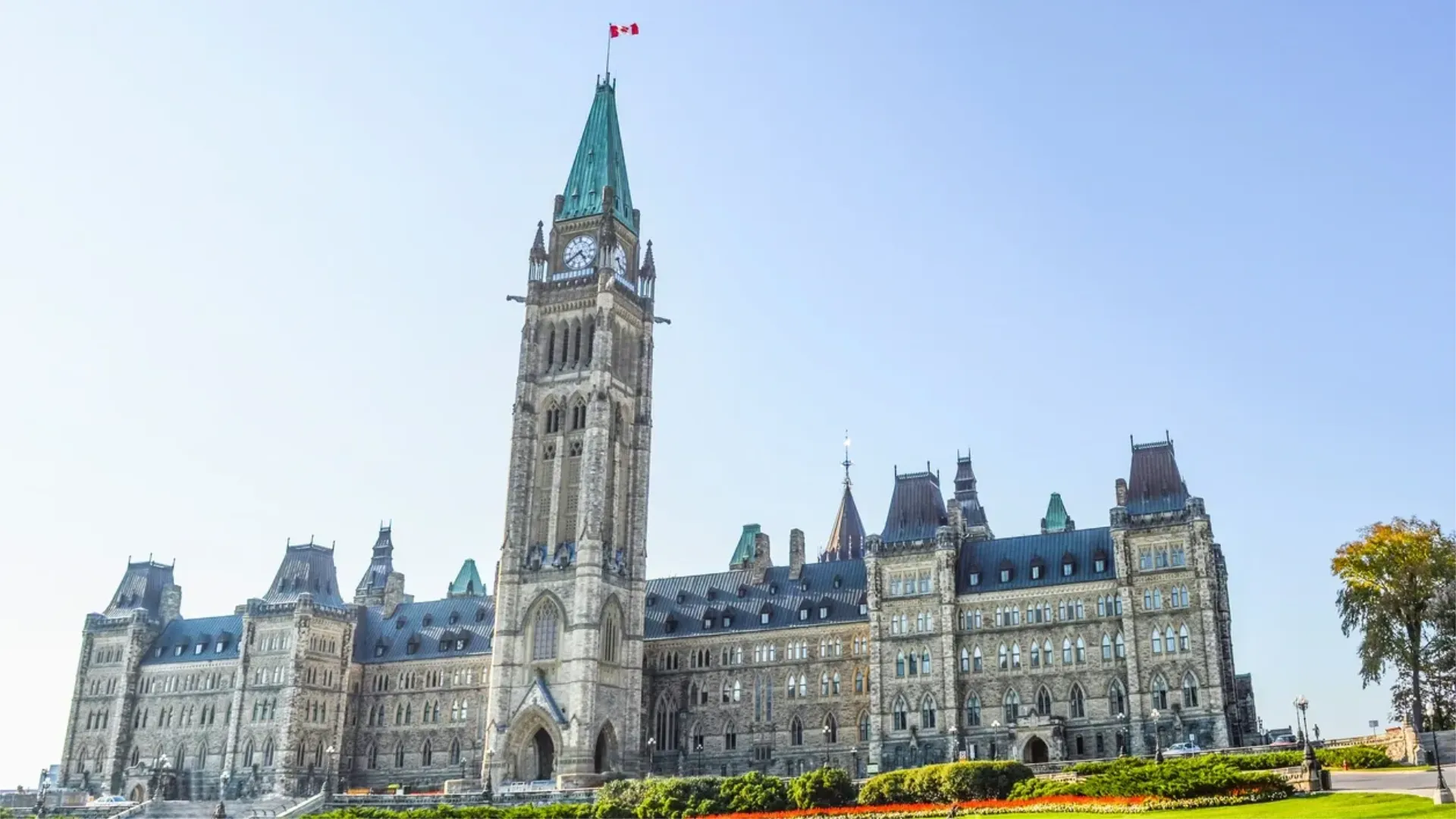In Canada, the interplay between real estate and politics is a dynamic and multifaceted relationship that shapes the country’s urban landscapes, economic health, and social fabric. From the federal, and Provincial to the municipal level, political decisions significantly influence the real estate market, while the interests of real estate developers, investors, and homeowners impact political agendas and outcomes. Understanding this relationship is crucial for stakeholders in both sectors as it affects everything from housing affordability to community development.
The Political Influence on Real Estate in Canada
Political decisions at all levels of government in Canada have substantial impacts on the real estate market. Key areas of influence include
1. Zoning Laws and Land Use Regulations: In Canada, municipal governments have significant authority over zoning and land use. These regulations determine what can be built and where, influencing property values and development patterns. For example, Toronto’s recent push for more mixed-use developments and higher density in certain areas aims to address housing shortages and improve urban sustainability.
2. Tax Policies: Property taxes, land transfer taxes, and tax incentives are critical tools used by Canadian governments to influence the real estate market. For instance, the First-Time Home Buyer Incentive, a provincials ontario program, aims to make homeownership more affordable for Canadians by reducing the land transfer tax on first-time buyers.
3. Housing Policies: Federal and provincial governments in Canada implement housing policies that can significantly impact the market. The National Housing Strategy, launched by the federal government, aims to provide affordable housing to Canadians through investments, policy changes, and partnerships. Provincial initiatives, like British Columbia’s speculation and vacancy tax, target foreign ownership and speculative investment to stabilize housing markets.
4. Infrastructure Investments: Government investments in infrastructure such as public transit, roads, and utilities can enhance property values and spur development. The development of the Vancouver SkyTrain and Toronto’s Eglinton Crosstown LRT are examples where transit infrastructure has led to increased real estate activity and higher property values in surrounding areas.
5. Environmental Regulations: Canada’s commitment to environmental sustainability influences real estate through regulations that mandate green building practices and protect certain lands from development. Policies promoting energy efficiency and sustainable construction are increasingly important in new developments.
Real Estate’s Influence on Politics in Canada
The real estate sector in Canada also actively shapes the political landscape through various means
1. Lobbying: Real estate developers and industry associations, such as the Canadian Real Estate Association (CREA), engage in lobbying to influence legislation and regulations. They advocate for policies that facilitate development and investment, and against those that impose restrictive measures.
2. Campaign Contributions: Real estate professionals and companies are significant contributors to political campaigns. By supporting candidates who favor development-friendly policies, the real estate industry seeks to ensure a conducive environment for growth and investment.
3. Public-Private Partnerships: Collaborations between governments and private real estate developers can drive significant projects, including affordable housing initiatives and urban renewal efforts. These partnerships often result in economic and political benefits for both parties, as seen in projects like Toronto’s Regent Park revitalization.
4. Community Advocacy: Homeowners and local stakeholders often form community groups to influence local politics. These groups can be powerful voices in debates over zoning changes, development projects, and neighborhood planning. Their advocacy can shape the political landscape by pushing for policies that reflect community interests.
The Dynamics of Housing Affordability and Urban Development
One of the most pressing issues at the intersection of real estate and politics in Canada is housing affordability. Cities like Vancouver and Toronto have seen significant increases in property prices, making it challenging for many Canadians to afford homes. This issue has led to various political responses:
- Affordable Housing Initiatives: Governments at all levels are implementing policies to increase the supply of affordable housing. The federal government’s National Housing Strategy aims to create 100,000 new affordable housing units over the next decade.
- Regulation of Foreign Investment: Provinces like British Columbia and Ontario have introduced taxes on foreign buyers to cool down overheated markets and curb speculation.
- Rent Control: Some provinces, including Ontario, have introduced or expanded rent control measures to protect tenants from excessive rent increases.
- Inclusionary Zoning: Municipalities like Toronto have adopted inclusionary zoning policies, requiring new residential developments to include a certain percentage of affordable units.
Looking Ahead: The Future of Real Estate and Politics in Canada
As Canada faces the challenges of urbanization, climate change, and economic inequality, the relationship between real estate and politics is poised to become even more significant. Key areas to watch include:
- Climate Change and Resilient Development: As climate change impacts become more pronounced, policies promoting resilient and sustainable real estate development will become increasingly important. Expect more regulations focused on reducing carbon footprints and adapting to environmental changes.
- Technological Innovations: Advances in technology, such as smart cities and PropTech, will influence how cities are developed and managed. Policymakers will need to address the regulatory implications of these innovations.
- Social Equity and Inclusion: With growing awareness of social justice issues, there will likely be more emphasis on ensuring equitable access to housing and preventing displacement caused by gentrification. This may result in stronger policies aimed at protecting vulnerable populations.
In conclusion, the interplay between real estate and politics in Canada is a critical factor in shaping the country’s urban landscapes and economic future. By understanding this relationship, stakeholders can better navigate the complexities of the market and advocate for policies that promote sustainable and inclusive growth.
Feel free to reach out to Eran Gevantschniter a real estate lawyer in Toronto to discuss this blog. Eran can be reached at 416.777.6788 or email: [email protected]

